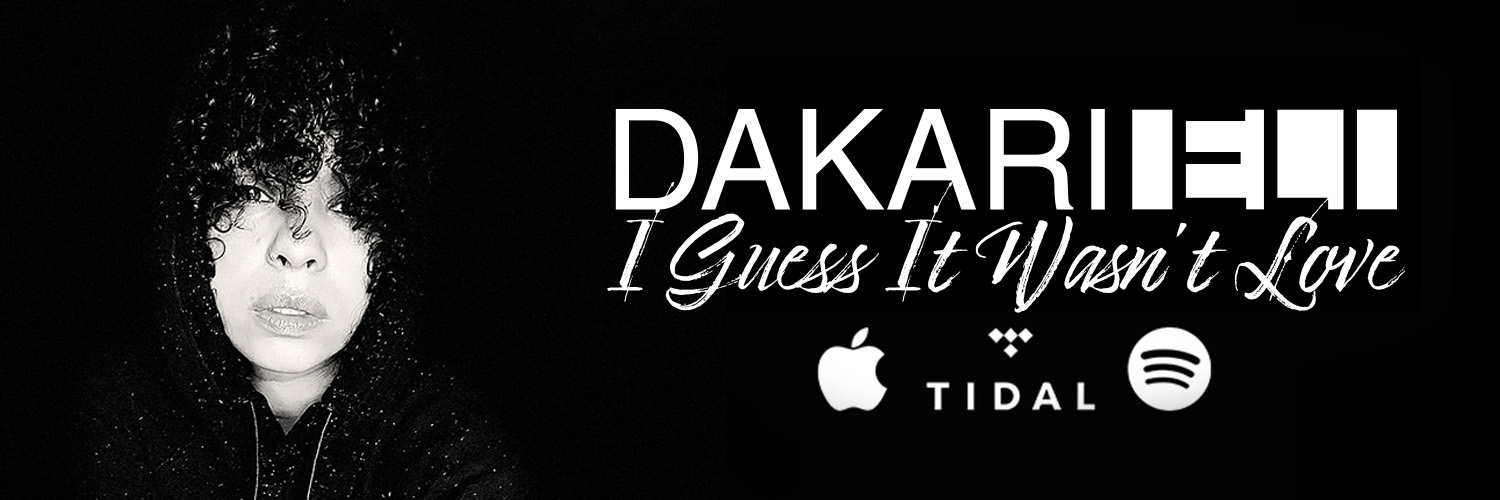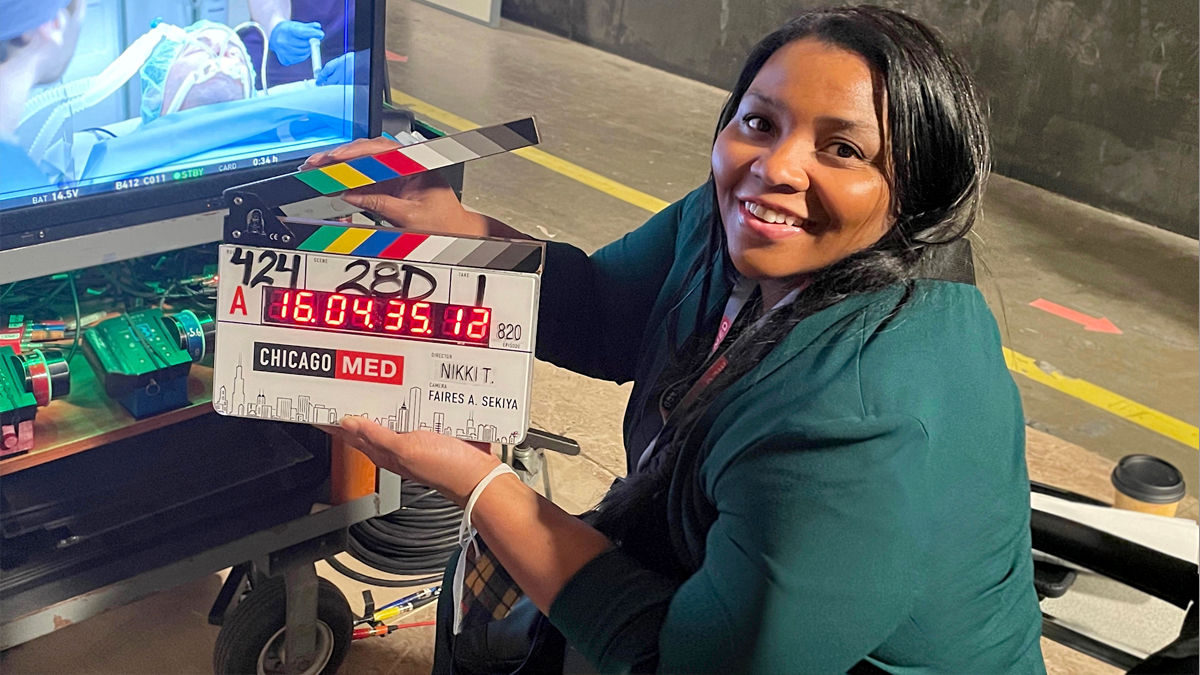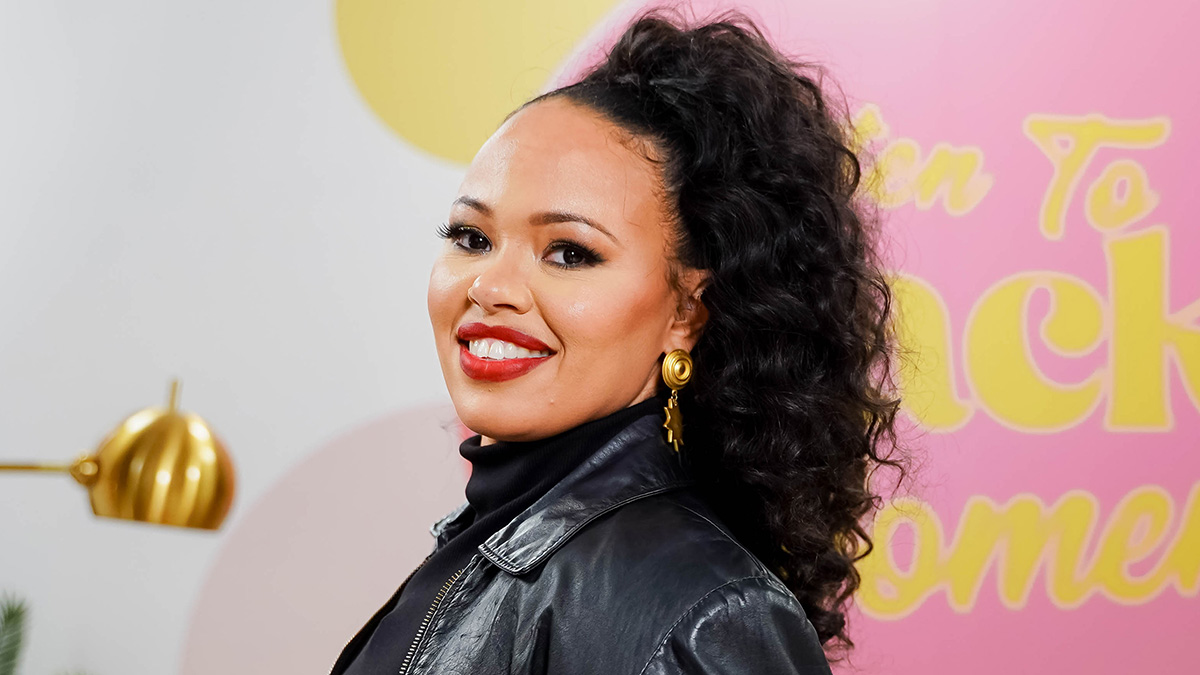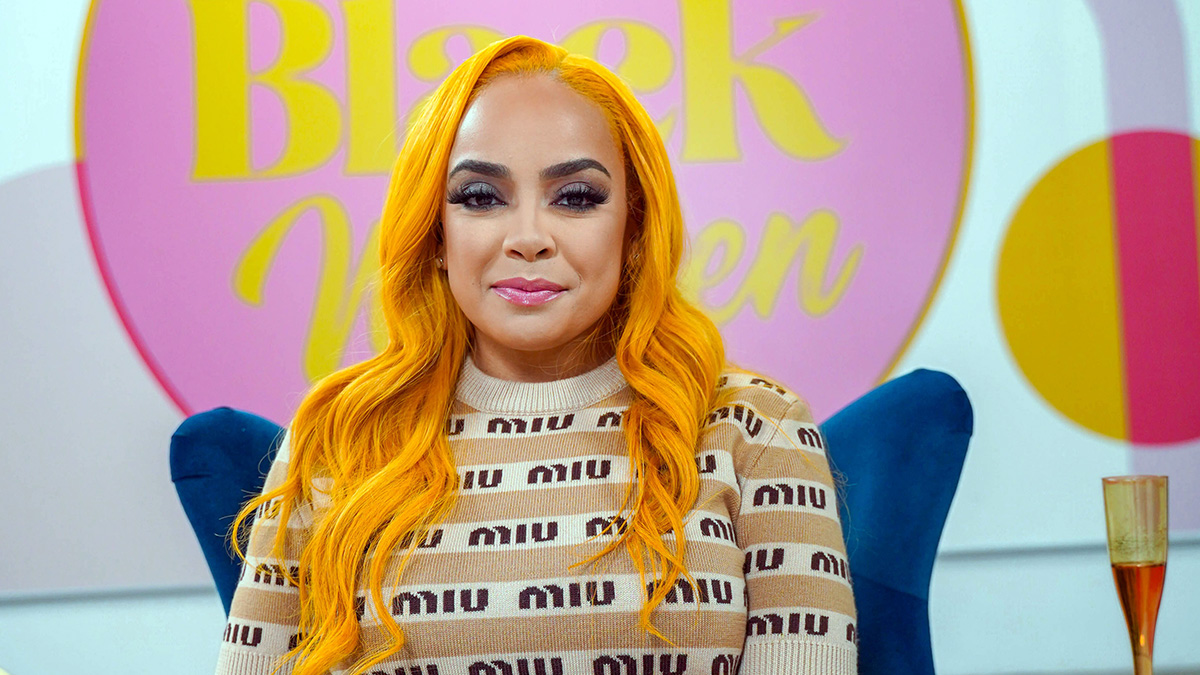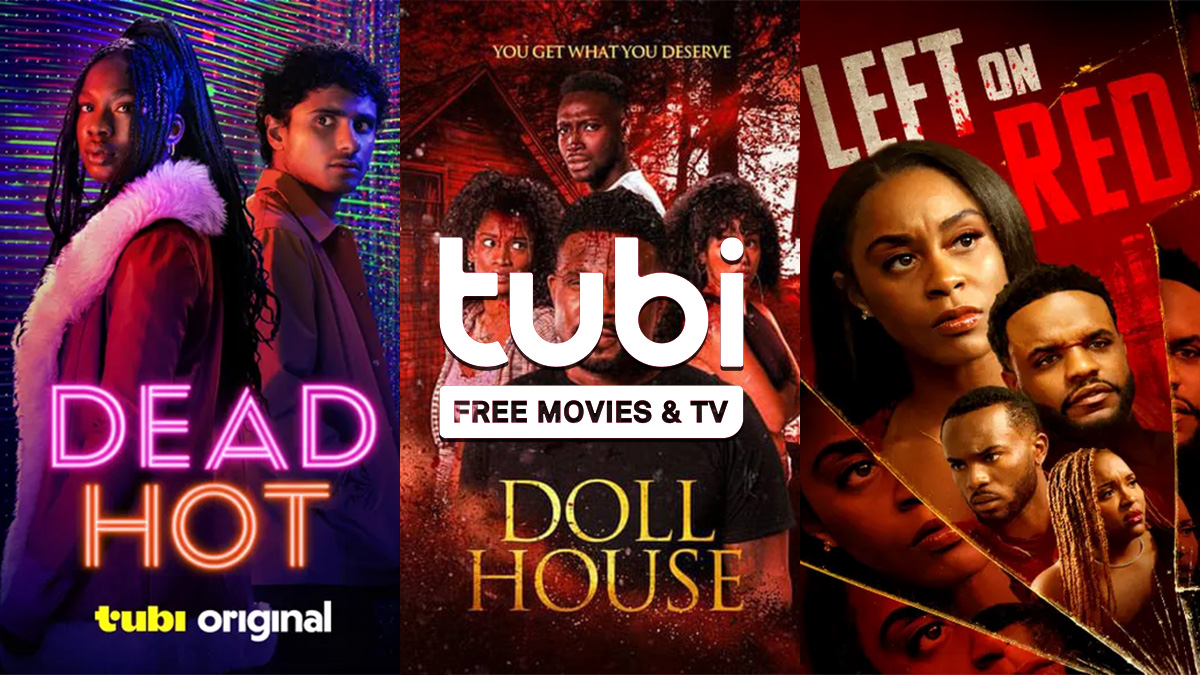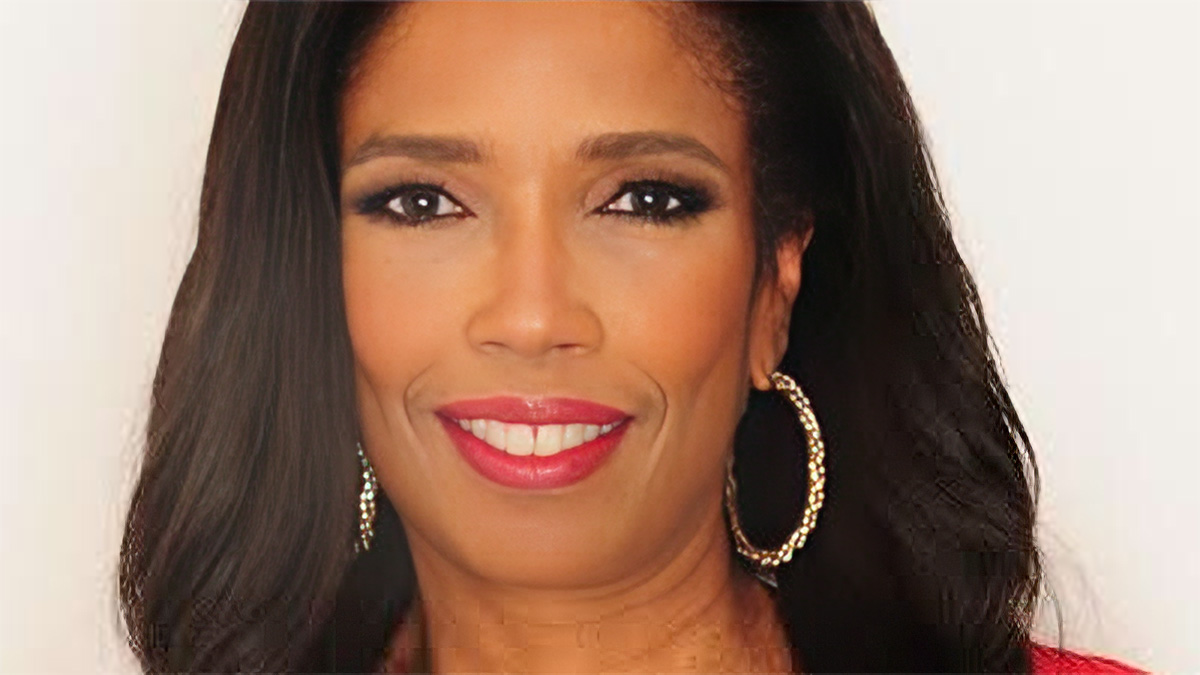Prior to being a part of NBCU’s highly coveted Female Forward Directing Program, Nikki Taylor Roberts had already established herself as a respected screenwriter, director, and Emmy-nominated producer. However, when the opportunity arose for the Baltimore native to make her network television directorial debut with one of her favorite NBC/Dick Wolf shows, she was more than up to the challenge.
With all that you have accomplished, what attracted you to participate in NBCU’s landmark Female Forward Directing Program?
I have been a fan of all of the Dick Wolf cannon of shows and even “The Blacklist” which is in its last season and is outside of the Dick Wolf universe. The draw was getting access to the shows. The program basically guarantees that you get a chance to direct an episode and getting that directorial credit is huge in the way that it legitimizes the careers of filmmakers. You become a first-time director for television. That’s a big deal.
How would you describe your experience as far as your participation?
It was great. It was fast and furious because you get to shadow another director working on the show. You go through that process twice and from there; they launch you off to direct your first episode. It went by very quickly. It was so exciting, each day and each process of it.
You have championed the authentic portrayal of female characters. In what ways do you find how women are portrayed as problematic?
There is a certain expectation for women to look a certain way and it overshadows their humanity and complexity—all the things that make them human right down to the ugly moments or moments of triumph. I feel like the full roundedness of being a human being is not something that we see a lot with female characters. What I mean when by championing is showing the full color of our experiences as women. Especially for Black women, there are still a lot of stereotypes in how we are portrayed in media that we are forced to accept. No actor wants to be typecast. No person in the world wants to be typecast. Having the freedom to be shown, to live and to breathe as something other than a stereotype is a form of privilege that a lot of women don’t receive. Because it is not given to us, we have to take it and make space for it.
It’s been said that you have an affinity for drama, action, and thriller genres. Which do you prefer the most?
It really depends on the flavor of the project. I love a good thriller, but I feel like you have to know drama to inform that. I love suspense. I really have no preference in that I am open to all of them. I enjoy each one of them because they have aspects that borrow from the others. And also, as it comes to action, we are seeing more and more female directors directing action. I think it is always exciting to see that. There is a dance aspect to it that I would like to see more of and actually participate in, as part of my directing career as well.
Chicago Med is a very popular series. Is it difficult to direct an episode in a show that has multiple season-long subplots running in the background of the main episodic story?
It can be a challenge, but the writers are amazing and so are the actors. They hold that institutional knowledge in them. As directors, we are coming in and rearranging the pieces to tell the story using particular scripts we are given. The expertise I feel comes from the people who are on the show. Me, as a fan of the show, I followed all of those lines and subplots, and all of them are informed by those characters. It becomes easy when you follow and feel each character, and how all of their different chords weave together. I guess it would be like a cheat code to have access to that.
How was the pressure working on a show that has such a huge following?
No, because I’m a fan of the show. With my fandom and appreciation for the show, I just poured that love into directing the episode. That was the focus. So, any fear of missing the tone wasn’t there. The pressure just came from schedules and timelines, and getting everything done is a way that was unique from how it has been done before. Once I got into the groove of what I was doing and centered on my love and fandom for the show, all of that pressure was set aside.
Besides directing and screenwriting, you are also an Emmy-nominated producer. Do you feel that your combined experiences help you across the board?
I think so because those past experiences have given me access to what a person in each of those roles contributes to a project. You have a full view of what goes into a production at many levels. I feel those experiences have informed my directing at this level.
Be’n Original

